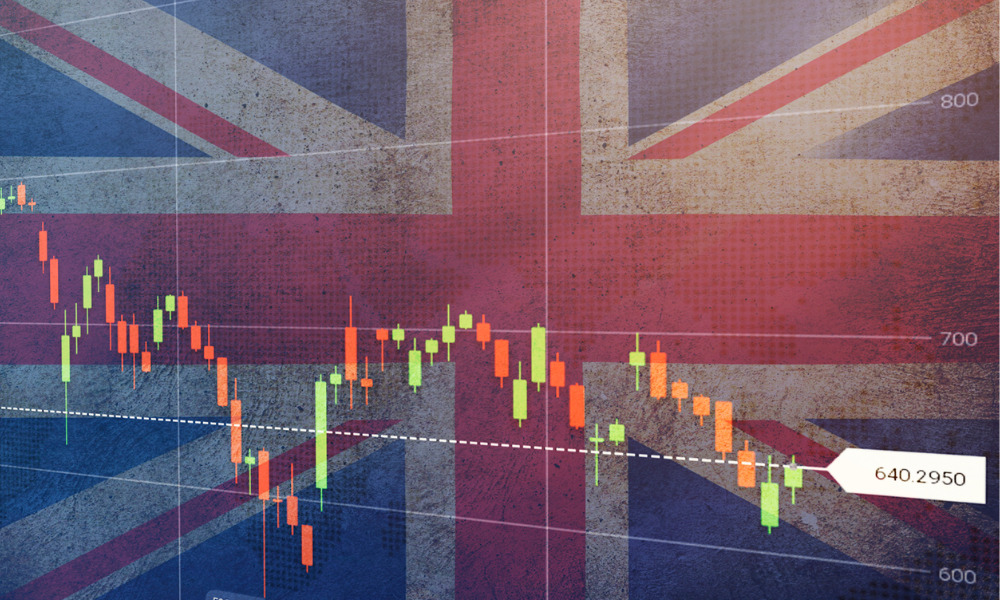Does the Bank of England cut the base rate in June or hold off further?

UK inflation fell to 2.3% in the 12 months to April 2024, down significantly from 3.2% in the previous month and now its closest to the 2% target rate in nearly three years.
Consumer price inflation (CPI) data published by the Office for National Statistics (ONS) on Wednesday showed that prices rose at the slowest rate last month since July 2021.
On a monthly basis, the CPI saw a rise of 0.3%, which is a drop from the 1.2% growth in the same month of the previous year.
“There was another large fall in annual inflation led by lower electricity and gas prices, due to the reduction in the Ofgem energy price cap,” Grant Fitzner, ONS chief economist, commented on the latest ONS inflation figures.
“Tobacco prices also helped pull down the rate, with no duty changes announced in the budget. Meanwhile, food price inflation saw further falls over the year. These falls were partially offset by a small uptick in petrol prices.”
In the 12 months to April 2024:
— Office for National Statistics (ONS) (@ONS) May 22, 2024
Consumer Prices Index (CPI) rose by 2.3%, down from 3.2% in the 12 months to March.
Consumer Prices Index including owner occupiers’ housing costs (CPIH) rose by 3.0%, down from 3.8% in the 12 months to March.
➡️ https://t.co/MgOQsgwOkV pic.twitter.com/8Oof8bpYua
“Inflation in April being just 0.3% above the Bank of England’s 2% target could be the spark to light the fire of the housing market,” said Ben Thompson, deputy chief executive of brokerage network Mortgage Advice Bureau.
“With inflationary pressures slowing closer to levels that the Bank of England are likely to be happy with, swap rates will fall further, and therefore those remortgaging or buying will see rates fall as a result.”
Simon Webb, managing director of capital markets at later life lender LiveMore said the drop in the annual inflation rate in April continues the welcome trend seen since the October 2022 peak, when it hit a 41-year high 11.1%.
“While still some way to go, this is a significant improvement on the inflationary pressures of the past year,” he added. “Core inflation, a key metric for the Monetary Policy Committee, reflects this downward trend as well. This data should provide some breathing room for the MPC regarding interest rate decisions.”
However, while the annual inflation rate is now “so close to the Bank’s 2% sweet spot,” those hoping for a base rate reduction come June may still need to hold their breath, according to Adam Oldfield, chief revenue officer at mortgage platform Phoebus.
“When it comes to decision-making, the Bank of England will be looking at persistent levels of inflation which cut out external forces such as gas and electricity prices,” Oldfield said. “They will be closely monitoring, for example, the health of the UK service industry.
“Perhaps come June 20, the BoE will align with The Institute of Economic Affairs’ Shadow Monetary Policy Committee (SMPC) stance and reduce the base rate. In May, the SMPC advised an urgent and significant rate reduction to 4.75%, fearing future deflation on the back of rapidly falling inflation.”
For Nicholas Hyett, investment manager at Wealth Club, the danger with high interest rates is that it could start to suffocate the economy, now that inflation is inching closer back to target.
“All eyes will be on the MPC next month to see whether they will cut interest rates,” he said.
“Does the central bank cut in June, or take advantage of the fact inflation came in a touch higher than expected and hold off until its August meeting? Movements in currency markets this morning suggest an August cut just became a little more likely.”
Any thoughts on the latest UK inflation figures? Let us know by leaving a comment in the discussion box at the bottom of the page.



